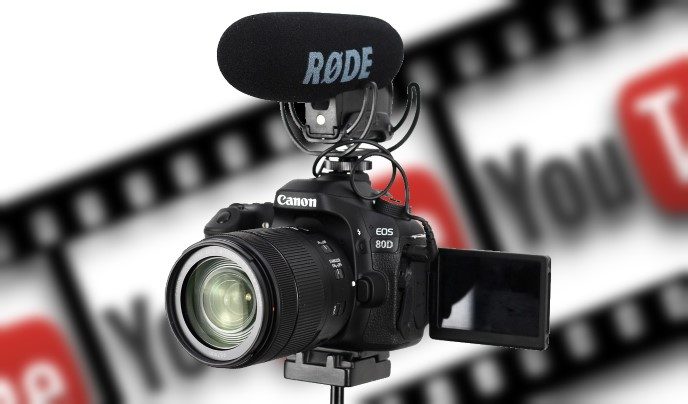“What do you want to be when you grow up?”
It’s a question so many of us were asked as children, just as it’s a question we continue to ask young people today. Stereotypically, we expect children to say that they want to be firefighters or police officers or maybe veterinarians. Maybe one child would blurt out that he wants to be a space cowboy or a rainbow unicorn. We never really take these answers all that seriously, but they offer a glimpse into the mind of a child. The question does become much more pertinent as they enter their tween and teen years.
A Child’s Aspiration
On the radio a while back (yes, I still listen to the radio from time to time), the host mentioned a recent survey conducted wherein children were asked that “what do you want to be when you grow up?” question. And apparently, for the first time in this series of surveys, “scientist” was one of the most common responses among young girls. Among the boys, one of the top responses was “YouTuber.”
There’s something to be said about the difference between boys and girls, but that’s another discussion for another day.

The point is that while someone from an older generation might scoff at a little boy who aspires to be a famous YouTuber, making a legitimately comfortable living on the platform is certainly feasible. It’s no more outrageous than if a child said they wanted to be a famous movie star or singer. Indeed, making a living as a YouTube is likely much more realistic than “making it” in Hollywood.
The Problem with YouTubers
Even so, the very notion of wanting to make money as a YouTuber is a little misguided. Not because this young boy (or girl) wants to make money online as a viable career option, but rather because they singled out YouTube as the platform where they want to do it. Who knows where YouTube might be 5, 10, 25 years down the road? To build your career aspirations on a single platform does not make sense.
And it doesn’t make sense for you either, the adult who aspires to live the dot com lifestyle as an online entrepreneur. A platform is not a business.
Continuing with YouTube as the prime example, building the entirety of your business on just YouTube is simply setting up a house of cards with is destined to come crashing down. And this isn’t just in regards to the relatively low eCPM you can expect from the built-in monetization system.
You can (and probably should) use platforms like YouTube to build up your audience and develop a following. That’s just as true if you aspire to be an Instagram model. But the point is that your business cannot reside within these walled gardens, because you are not in control of what happens within those walls. Your business needs to exist beyond its borders such that it can survive and sustain itself beyond the algorithms.
Tending to Your Own Garden
There is a reason why the most successful YouTubers, the ones who are really making money on the platform, have a business that extends far beyond YouTube’s boundaries. They have Patreon accounts where they can expect regular revenue from their patrons. They have their own products or merchandise. They expand their online presence with podcasts and blog posts. If YouTube came crumbling down tomorrow, they’d still survive.
It wasn’t all that long ago that platforms like Snapchat, Vine, and MySpace seemed invincible. But imagine if you built your business completely and utterly on those platforms. That wouldn’t have been a sustainable business and you’d be starting from scratch all over again. But if your business is much larger than any single platform, you can weather those storms and speedbumps, and continue to earn your living.
Don’t say that you want to be a YouTuber. Say that you want to be a video creator and influencer. Say that you want to be a producer of great content. And then go build that thing.